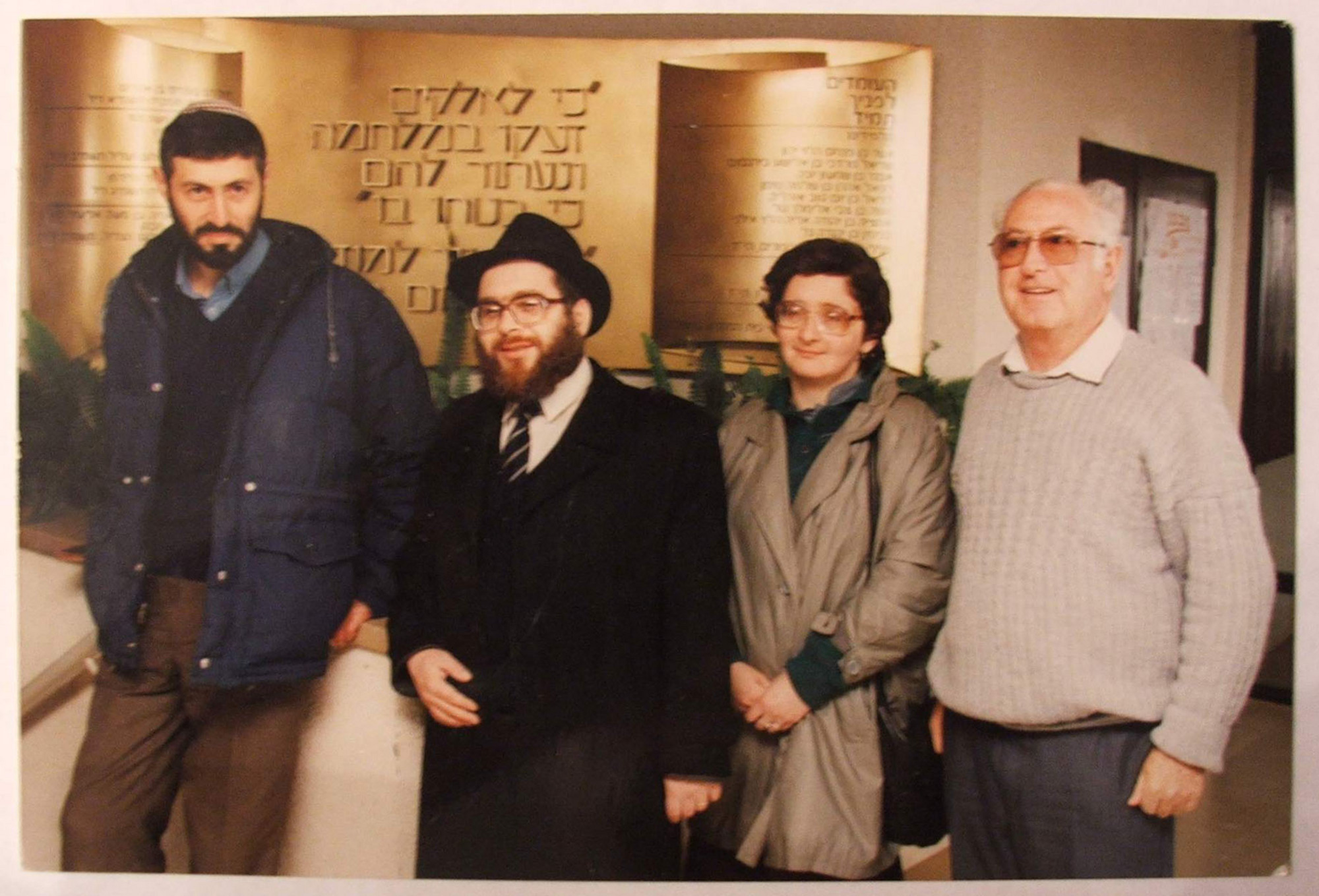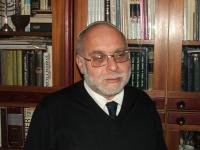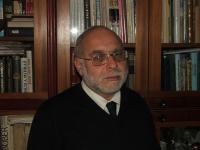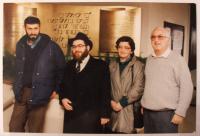I signed the cooperation, I don’t deny it. The other thing is to know what information you can give without harming anyone else

Stáhnout obrázek
Daniel Mayer was born in Městec Králové in 1957, his father was a soldier in the Czechoslovak foreign army who fought at Tobruk. His father was of Jewish faith, his mother converted to Judaism in 1956. After graduating from secondary school in 1977, he studied at the rabbinical school in Budapest. In 1979, following a conflict with one Soviet student during his studies, he was offered cooperation with State Security, under the threat of being expelled from school. After completing his studies he was named rabbi for Prague in May 1984. In June 1990 he resigned as rabbi, and left to Israel with his whole family a year later. He now lives in Haifa, Northern Israel.


